PSA: your phone is not waterproof and won't be water resistant forever

Waterproof vs water resistant: what's the difference?
If you look at the specs sheets of today's top smartphones, you'll notice that most of them have a water and dust resistance rating of some kind, most commonly IP67 or IP68 (pronounced "IP six seven" or "IP six eight"). This is also known as an International Protection Marking code. The first digit indicates a level of dust ingress protection, while the second digit tells us how hard it is for water to get inside. The higher the digit, the better protected that device is.
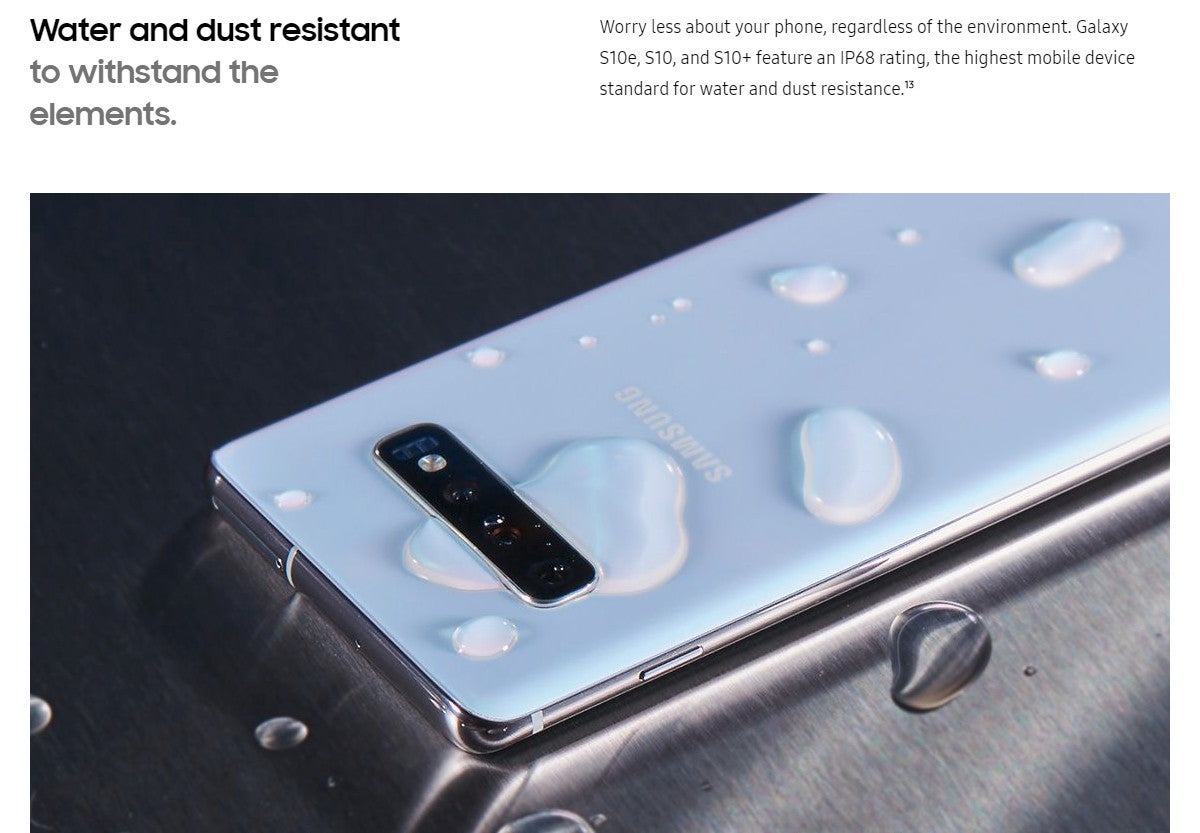
The Galaxy S10 on Samsung's web site is presented as 'water resistant', not as 'waterproof'
And why may water protection fail?
If you go to the Apple web site and scroll down to the very bottom of the iPhone XS product page, you'll find the following disclaimer: "iPhone XS and iPhone XS Max are splash, water, and dust resistant and were tested under controlled laboratory conditions with a rating of IP68 under IEC standard 60529 (maximum depth of 2 meters up to 30 minutes). Splash, water, and dust resistance are not permanent conditions and resistance might decrease as a result of normal wear."
What can I do to keep my phone safe?
Your phone is protected against water not because its maker wants you to go scuba diving with it. Its IP rating is there to ensure that rain droplets or accidental spills won't damage your 1000-dollar gadget. That said, not submerging your phone underwater would be a good idea (although I do admit that I've done it several times – while taking the necessary precautions). And if it does get seriously wet, be sure to promptly wipe all moisture off with a dry towel. Do not use a hairdryer. Needless to say, never attempt to charge a wet phone as droplets in the charging port may cause all sorts of damage. And be sure that the protective rubber seal on its SIM card tray is in good condition.
Follow us on Google News




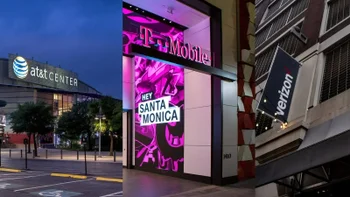


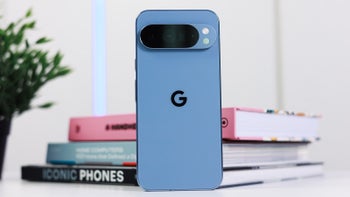
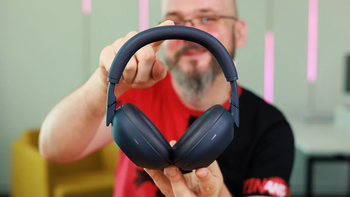
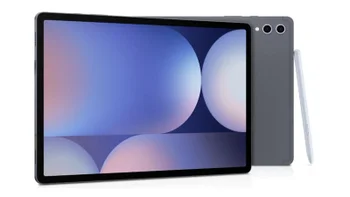
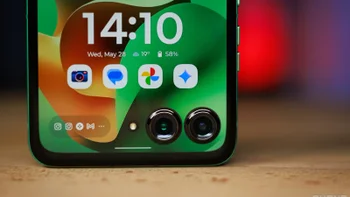
Things that are NOT allowed:
To help keep our community safe and free from spam, we apply temporary limits to newly created accounts: